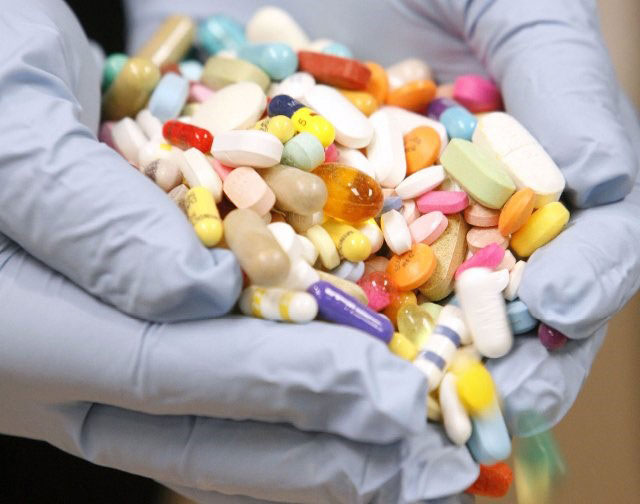Health screening is an effective way to detect a specific disease or condition early, even when there have been no symptoms or signs of the disease. Detecting a condition early means getting the right treatment at the right time and this gives patients better control over their health.
In the 1940s, mass miniature radiography (MMR) demonstrated the benefits of screening for disease prevention for the identification of individuals with tuberculosis (TB). Effective treatment for TB was introduced by the end of the Second World War and the use of MMR became widespread in many western countries, demonstrating the benefits. It is therefore essential that individuals are screened on a regular basis
Benefits of Health Screening
In order to ensure optimal health for everyone, health screenings should be a priority. Below are some of the main benefits of health screening:
- Early detection of diseases may result in better treatment and management, which reduces the risk of complications whilst increasing the chances of better health outcomes.
- Health screening helps to identify if the patient is at risk of, or has a disease or condition, that was not previously known about.
- Health screening can help people who have a family history of cardiovascular disease, stroke or diabetes with the process of prevention and provide them with timely treatments.
- One of the major risk factors for a variety of life-altering diseases is age. However, with early detection and treatment, the body can be provided with the best defense against these diseases.
- For those under 30 years of age, health screening is recommended every two years. However, for those individuals who are 30 years or older, a yearly health screening is highly recommended. For those over 50 years of age, more age-related screening tests are conducted.
Things to Expect from Health Screening
Below is a list of some of the common tests conducted at a health screening:
- Blood Pressure Test – This is one of the most important tests conducted by the physician. If the blood pressure is high, further tests may be undertaken to determine the cause.
- Cholesterol tests – The doctor will check a patient’s cholesterol level if the patient is obese, is a smoker or frequently drinks alcohol.
- Mammograms, Osteoporosis and Pap Smear Tests – These tests are undertaken to prevent cervical cancers and breast cancers, as well as other disorders that affect women.
- Diabetes Test – The patient may be checked for diabetes if they have a family history, or they have high cholesterol and high blood pressure.
- STDs – For those who are sexually active, especially where there is more than one sexual partner, screenings for STDs are highly recommended.
- Prostate Cancer Tests – Men must get themselves tested for prostate cancer if they are obese, have higher levels of testosterone and/or are over 50 years of age.
- Colorectal Cancer – This test is highly recommended for those above the age of 50, with inflammatory bowel disorder, colorectal polyps and inherited mutations or gene defects.
A health screening session will typically take between 30 minutes and half a day. This depends on how many tests the doctor needs to conduct. Other common tests include x-rays, blood tests, fecalysis and urinalysis.
Detecting a condition or disease early can help to prevent a chronic disorder from developing. Furthermore, complications can also be avoided by health screenings.




